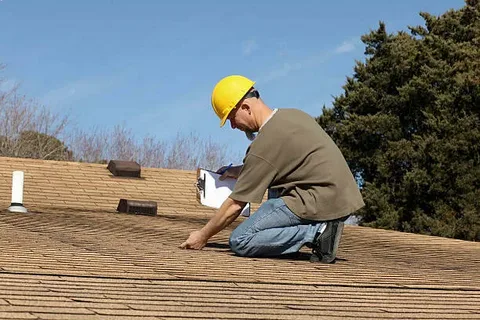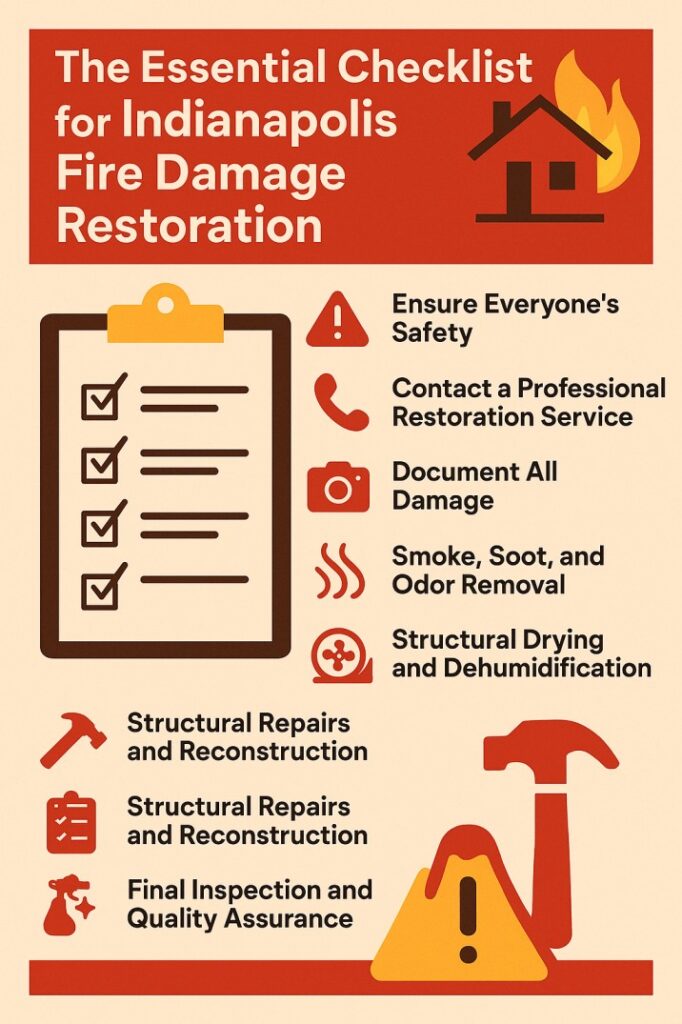Your roof is your home’s first line of defense against the elements, but how often do you check its condition? A professional roof inspection can help detect potential issues before they become costly problems. Whether you’re dealing with storm damage, aging materials, or just want peace of mind, scheduling regular roof inspections is essential.
If you’re a homeowner in Dunwoody, GA, understanding the importance of roof inspections and knowing when to schedule one can help extend the life of your roof and protect your home.

Why Roof Inspections Matter
Roof inspections go beyond just spotting visible damage—they help identify hidden problems that could compromise your home’s structure. Here’s why they’re essential:
- Prevent Costly Repairs – Catching small issues early prevents major, expensive repairs down the road.
- Extend Roof Lifespan – Regular maintenance can add years to your roof’s life.
- Ensure Energy Efficiency – Damaged roofs can lead to air leaks and higher energy bills.
- Protect Against Water Damage – Undetected leaks can cause mold, mildew, and structural issues.
- Prepare for Extreme Weather – Dunwoody experiences strong storms, so it’s crucial to have a durable, damage-free roof.
Signs You Need a Roof Inspection
Not sure if your roof needs an inspection? Here are some common warning signs:
- Visible Damage – Missing or curled shingles, cracks, or granule loss.
- Leaks & Water Stains – Ceiling stains or moisture buildup in the attic.
- Sagging Rooflines – A clear sign of structural damage.
- Moss or Algae Growth – This can weaken roofing materials over time.
- Storm Damage – After heavy rain, hail, or strong winds, it’s best to check for issues.
What Happens During a Roof Inspection?
A professional roof inspector will assess your roof for:
- Shingle Condition – Checking for cracks, curling, or missing shingles.
- Flashing & Seals – Ensuring that vents, chimneys, and skylights are properly sealed.
- Gutters & Drainage – Looking for debris buildup that could cause water damage.
- Structural Integrity – Identifying signs of sagging, leaks, or water penetration.
- Attic Inspection – Checking for insulation issues, mold, and leaks.
How Often Should You Get a Roof Inspection?
- Annually – A yearly inspection can help detect small issues before they escalate.
- After Major Storms – If your home experiences hail, high winds, or heavy rain, schedule an inspection.
- Before Selling or Buying a Home – A roof inspection ensures there are no hidden issues.
- If Your Roof is Over 10 Years Old – Older roofs require more frequent inspections and maintenance.
Choosing the Right Roof Inspector in Dunwoody, GA
When hiring a roofing professional, look for:
- Licensed & Insured Experts – Ensures quality work and protection for homeowners.
- Experience with Local Homes – Knowledge of Dunwoody’s climate and roofing materials is key.
- Detailed Reports – A thorough assessment with clear recommendations.
- Good Customer Reviews – Testimonials and referrals from satisfied homeowners.
- Emergency Services – Quick response for urgent roofing issues.
Final Thoughts
Your roof plays a crucial role in keeping your home safe and comfortable. Regular inspections can help you avoid costly repairs, improve energy efficiency, and extend the life of your roof. If you’re in Dunwoody, GA, scheduling a professional roof inspection is one of the best ways to protect your home from unexpected roofing issues.
FAQs
1. How long does a roof inspection take?
Most inspections take between 45 minutes to an hour, depending on the size of the home.
2. Can I inspect my roof myself?
While you can check for visible damage, a professional can identify hidden issues that may not be obvious.
3. How much does a roof inspection cost in Dunwoody, GA?
Costs vary, but most inspections range from $150 to $400 depending on the complexity.
4. What happens if my roof fails an inspection?
The inspector will provide recommendations, which may include repairs or a full replacement if necessary.
5. Do roof inspections include attic checks?
Yes, most inspections include an attic assessment to check for leaks, mold, and ventilation issues.









